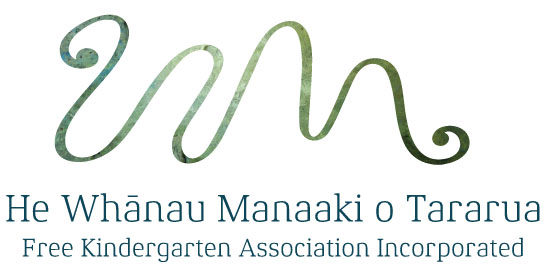Whānau Manaaki Comments on the Proposed Regulatory Standards Bill
Published on Jan 13

Comments on the Proposed Regulatory Standards Bill 2025 – Discussion Document
Whānau Manaaki opposes the Regulatory Standards Bill 2025 (“the Bill”) and calls for it to be rejected. We do this because the Bill will undermine the very democracy on which this nation is based and within which we operate as a civil society. It will undermine Te Tiriti o Waitangi, the Bill of Rights, the efficacy of existing legislation, and change the fundamental focus of our system of Government and decision making from collective wellbeing to individualistic and property rights and liberties. Moreover, we oppose the Bill because we believe it will have a detrimental impact on the safety and wellbeing of children, and that its development and introduction is unnecessary and expensive.
Te Tiriti o Waitangi and the Bill of Rights
The Principles of the Bill make no reference to compliance to Te Tiriti o Waitangi or the Bill of Rights. As the founding document of our nation Te Tiriti, should not be undermined by a coalition government that has no mandate to inflict such fundamental change on our country. In addition, there has been no meaningful consultation with Maoridom as Treaty partner.
This amounts to a unilateral attempt to vary, amend or alter the place of Te Tiriti in the constitutional foundation of this nation.
Efficacy of Existing Legislation and System of Government
The Bill would take away the privilege and responsibility of elected representatives to balance the interests of citizens and instead give virtual unfetered power to corporations and lobbyists, allowing them to challenge laws that protect people and the environment.
This Bill also gives too much power to the Minister of Regulation to call for investigations and make decisions, removing the full role of the Courts to help citizens to hold government to account - corporations would be able to take claims about government decisions they think breach the RSB principles straight to the (less independent and less transparent) Regulatory Standards Board, and the court cannot intervene.
Impact on Child Safety and Wellbeing
Whānau Manaaki is a Free Kindergarten Association that provides early childhood education services to around 5,000 children each day. We also operate various social service and health programmes to support families in our regions with social support, jobs and training, financial mentoring, food, free used clothing and household goods.
As an organisation dedicated to the education and care of babies and young children and their families and the wellbeing of whānau and communities, we oppose the bill because it threatens to undermine Te Tiriti of Waitangi guarantee of tino rangatiratanga, prioritise formal equality over equity, and remove a key legal framework that has supported informed pro-equity social policies, including in education. This includes our world-leading national early childhood curriculum, Te Whāriki.
The Bill threatens the foundations of our democracy, that includes our education system and equity in Aotearoa New Zealand in multiple direct and indirect ways. This will have a negative impact on not only tamariki Māori, but all tamariki from all cultures who live in Aotearoa New Zealand.
Furthermore, the immediate effect of the Bill will be to threaten the safety and quality of education provision, for babies, young children, and the staff who work with them in early childhood education facilities throughout this nation, because it gives priority to the interests of business – in an early childhood context, this means centre owners would have more freedom to determine how they run their centres, including health and safety decisions.
Already, providers in the ECE sector have lobbied for reduction in standards that would put babies, young children, and staff at risk, but maximise profits.
An Unnecessary and Expensive Exercise
This Bill is unnecessary. We currently have existing systems of regulatory monitoring and control which if warranted, could be strengthened – for example strengthening Parliamentary oversight, and the LDAC Manual) rather than introducing this harmful Bill. Such alternatives would be much cheaper and much less damaging to our democracy.
Conclusion
To this end:
We recommend that development of the proposed Bill be discontinued, and we urge the Ministry of Regulation to make such a recommendation to the Minister.

